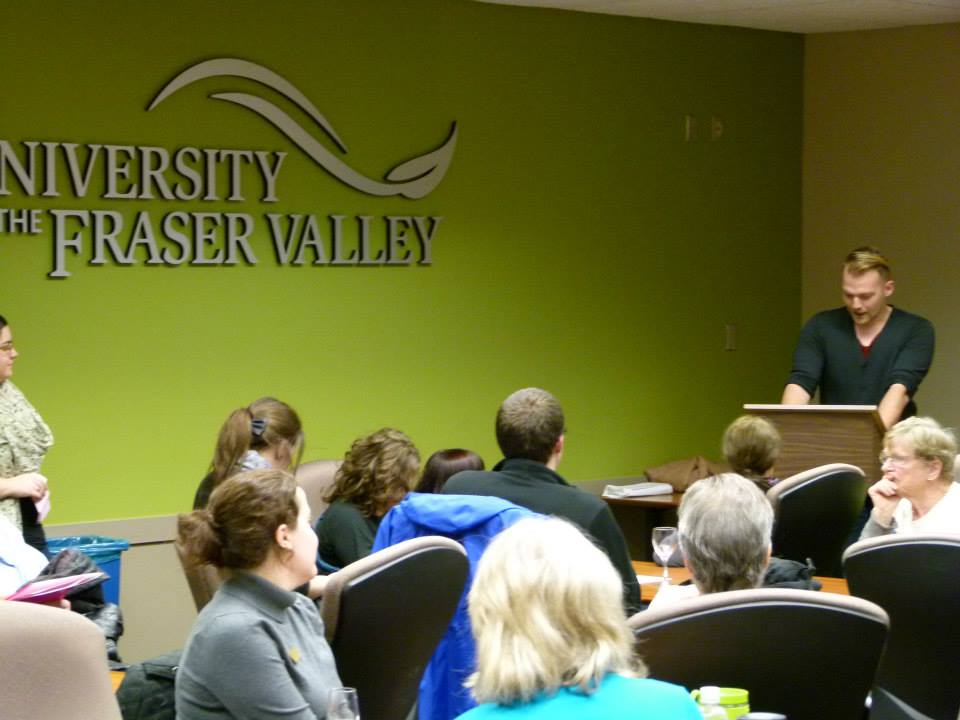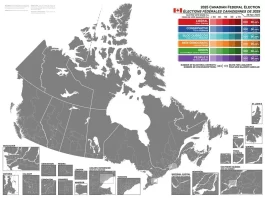Print Edition: March 19, 2014

Ever wish you could translate your essay writing skills into a full blown writing career?
For about 70 UFV students and community members, the Professional Writers Association of Canada (PWAC) shared how to make it happen.
On March 12, PWAC hosted a discussion titled “Writing for a Living,” with the help of the UFV communications department, English students association, and media and communications student association.
PWAC is a national organization that looks to improve working conditions for writers, lobbying on their behalf for fair treatment. The event featured a panel discussion, question period, and speed networking, as well as alumni wine. Attendees had the opportunity to rub shoulders with and learn from writers currently working in the field.
During the panel discussion, PWAC Fraser Valley president Lynda Grace Phillippsen encouraged students to use networking as a means of becoming known and recognized within the industry.
“Getting to know people… really intimately getting to know people,” Phillippsen said. “Sometimes, manna falls from heaven — someone has read what you’ve written.”
PWAC B.C. regional director Heidi Turner also suggested that students take the time to network with other writers.
“Most of my writing contracts come from other[s]…,” she explained, further noting that writers will pass on projects when they themselves don’t have the time to complete them.
PWAC member Ronda Payne noted that becoming a professional writer means accepting you will always be on a learning curve, both outwardly as a writer and internally as a human being.
“When you’re out on your own, you spend a lot of time in here,” Payne said, touching her head. “Know what you’re good at and know what you need help with.”
After allowing the panellists to speak, the floor was opened to questions from the audience and Twitter, using the hashtag #writeUFV. From how to navigate e-publishing to dealing with rejection, these questions gave the opportunity for a more personalized look at writing.
“Learn to accept the emotion … it sucks,” Payne said regarding rejection. Payne went on to explain the importance of being persistent when trying to break into the field no matter what the reaction of the industry may be.
“A lot of the time, you will get nothing back on what you submitted,” Tuner added. “It’s not personal.”
When asked what advice they wished had been given to them as young writers, the panellists were unanimous in their responses — know your worth.
“Don’t let anyone influence you,” PWAC member Janet Love Morrison encouraged the audience. “If someone’s influencing your beliefs, that’s not your truth.”
“I wish someone had told me … get a paper file folder and make an email folder … write on it, ‘I am a good writer — here’s proof,’” Payne said. “Keep emails and positive letters … for those crappy days when you feel like a fraud or a bad writer.
“[When you] lose confidence,” she concluded, “you’ve always got that proof and no one can take that away from you.”
With files from Katie Stobbart




